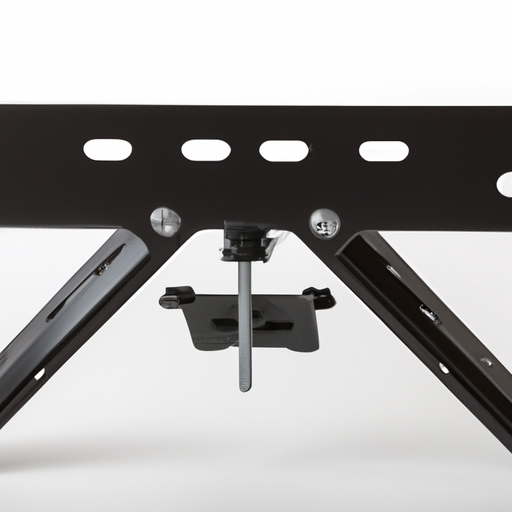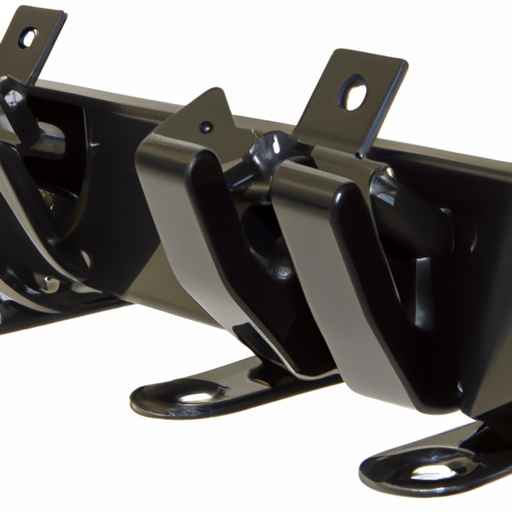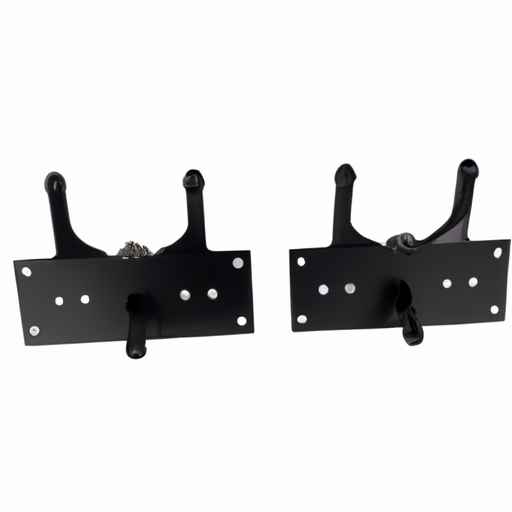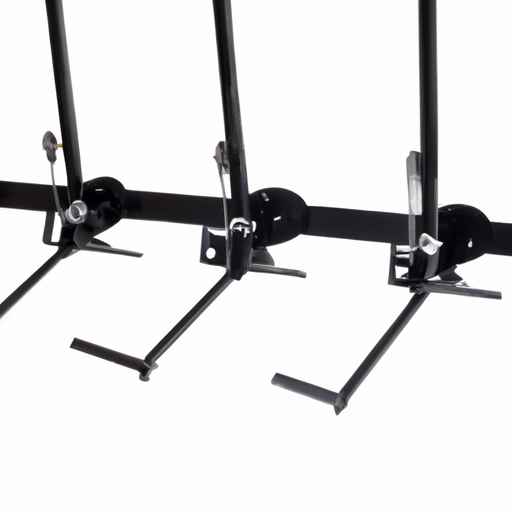
You may have been considering a TV mount if you recently bought a new TV or want to upgrade your old one. This is an excellent way to save on space and create a sleek modern look with your home entertainment set-up. However, with so many options available on the market, it can be daunting to choose the right one for your needs. This guide has been put together to answer your most frequent questions about wall-mounted TVs. MetalTheater.com
The Ultimate Guide to Choosing the Right TV MountA TV wall mount has a number advantages over a conventional TV stand. It saves space on the floor, which makes it an excellent option for small rooms or apartments. If you select a wall mount that has cable management, it can create a minimalistic and cleaner look. Additionally, mounting your TV at the right height can help to reduce eye, neck, and back strain, especially if you're watching for extended periods of time.
Another benefit of a wall-mounted TV is that you can enjoy a much better viewing experience. A wall mount allows you to adjust your TV's angle and tilt, which is impossible with a conventional TV stand. This is particularly useful if you have a large room or if you frequently have guests over to watch movies or sports. MetalTheater.com
The TV wall mount is also a great way to keep your television safe. You can protect your TV from damage or accidental bumps by mounting it on the wall. A few wall mounts are equipped with locking mechanisms which can help prevent theft of the TV or its unauthorized removal.
There are several types of TV wall mounts to choose from, including fixed, tilting, full-motion, and ceiling mounts. Fixed mounts can be the simplest, most affordable solution if you only want to mount your television at a certain height. You cannot adjust the viewing angle. Tilting mounts allow you to adjust the angle of your TV vertically, while full-motion mounts give you full range of motion for your TV, allowing you to adjust the viewing angle horizontally and vertically. Ceiling mounts allow you to save wall space.


It's important to take into account the weight and size of your TV when choosing a wall mount. Fixed mounts will work for smaller TVs. Larger TVs may need a full-motion wall mount. Additionally, the location of your TV and the viewing angle should also be taken into account. For example, if you plan on mounting your TV in a high traffic area, a tilting or full-motion mount may be more suitable to ensure optimal viewing for everyone in the room. MetalTheater.com
Installation is another factor to consider. Although fixed mounts are easy to install and tilting mounts or full motion mounts may need more advanced techniques, they can still be relatively simple. To ensure that your TV is mounted securely and safely, it's essential to carefully read the manufacturer instructions and if required, to seek professional installation.
Before you choose a TV wall mount, you'll need to measure your TV to ensure that you select the right size. For this, you'll need to measure the distance from the mounting holes at the back of the TV (known by the VESA patterns), along with the height and width. Double-check that your TV mount can handle the weight.
Viewing angle is an important factor when measuring a TV for wall mounting. The mount should be positioned so that it is at an angle and height that will allow you to comfortably view the TV from the desired viewing area. Consider any obstructions that might affect the position of the mount, including windows and furniture.


Installing the mount is easy if you carefully follow the manufacturer’s instructions. It may be necessary to drill into the wall. Make sure you have all the tools and knowledge to do the job safely. You should always consult a professional for any installation questions you may have. MetalTheater.com
You can install a wall-mounted TV yourself. However, it is recommended that you hire a professional installer to ensure the installation is done safely and correctly. Professional installation can save you a lot of time and trouble, especially if DIY is not your thing. If you have experience in home improvement and know how to use tools, DIY installation could be an affordable option. You should follow the manufacturer’s instructions closely and use the appropriate hardware and tools for the type of mount and wall you have.
Another factor to consider when deciding between DIY and professional installation is the warranty. Some manufacturers require professional installations to maintain the warranty. Be sure to read the warranty before making a choice. Moreover, some professional installers offer a warranty or guarantee for their work. MetalTheater.com
